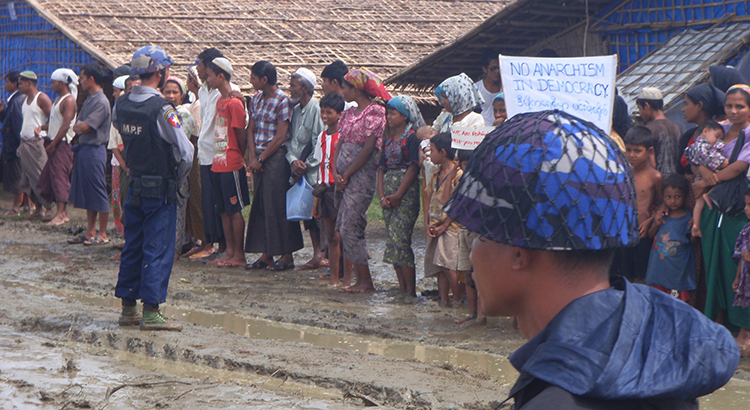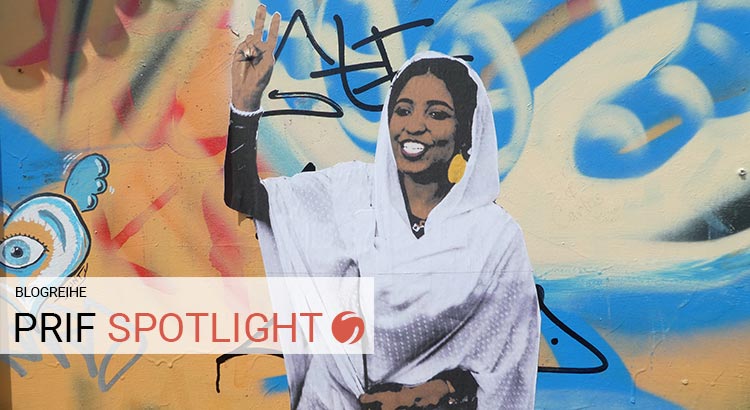The May 2020 arrest of Félicien Kabuga brought an end to a manhunt spanning 26 years and two continents. The capture of the elusive alleged financier of the infamous RTLM hate speech radio station shows the importance of documenting hate speech for court proceedings if and when fugitives are eventually arrested. Today, extremist hate and atrocity speech in the context of genocide and war crimes takes place and is spread online. However, social media platforms have been slow to respond to and document it, and to cooperate with international authorities in doing so.

Der Fall Nawalny und die westliche Reaktion – keine Auswege aus der Destruktionsspirale?
Obwohl noch immer viele Fragen offen bleiben, wer genau und aus welchem Grund Alexey Nawalny vergiftet hat, wird bereits deutlich, dass der Fall Nawalny gravierende Folgen für die russisch-westlichen Beziehungen haben wird. Neue Sanktionen oder der Baustopp der Nordstream-II Pipeline – der Westen verfügt in seiner möglichen Gegenreaktion über eine Vielzahl von Optionen. Doch stellt sich durchaus die Frage, ob das System Putins sich überhaupt durch Druck vom Außen noch beeinflussen lässt oder dadurch nur noch verhärtet wird. Diese neue Eskalationsstufe im Konflikt mit Russland kann unbeabsichtigte Konsequenzen nach sich ziehen, was den Westen jedoch nicht davon abhalten sollte, klar und entschieden zu reagieren.
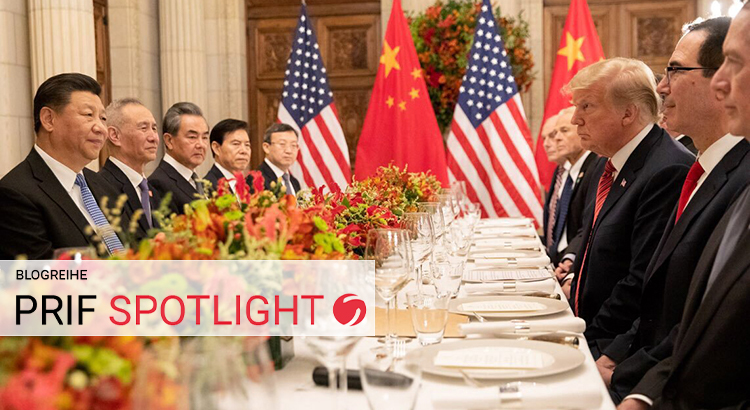
Fraying Ties: The Securitization of the US-China Relationship
The security dimension has long been the most contentious aspect of US-China relations, marked by strategic mistrust, great-power competition and several flashpoints in East Asia. Until recently, these tensions were moderated by much warmer and closer economic ties, civil society exchanges in business, education, academia, culture and tourism, as well as shared interests in globalization and trade. However, recent moves by the US and Chinese governments to “securitize” the previously cooperative aspects of their relationship have fundamentally altered this dynamic and greatly increased the likelihood of a permanent confrontation between the two great powers.
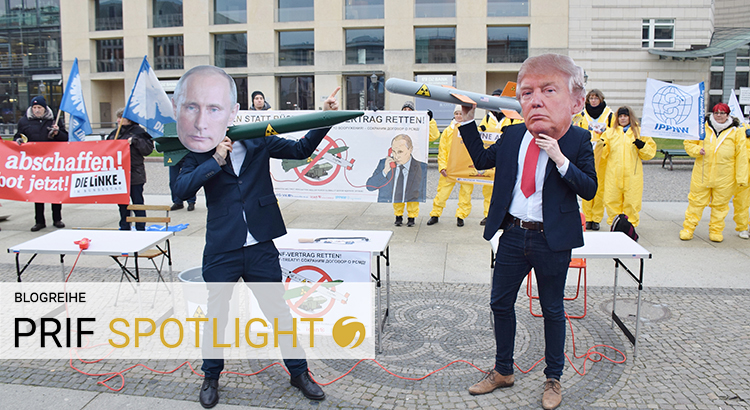
Entspannungspolitik 2.0: Rüstungskontrolle als der bessere Weg zur Reduzierung atomarer Risiken
Der Vorstoß der SPD-Führung zum Ausstieg aus der nuklearen Teilhabe ist als Protest gegen eine gefährliche Zuspitzung militärischer Spannungen verständlich. Um nukleare Risiken aber wirklich zu reduzieren, muss sie in Bündnis- und Rüstungskontrollpolitik breiter eingebettet werden. Trotz der jüngsten negativen Erfahrungen stehen die Chancen hierfür nicht schlecht. Profitieren würde ein Neustart der Rüstungskontrolle von einer Festschreibung des machtpolitischen Status quo zwischen Russland und dem Westen. Ein Wahlsieg der Demokraten bei der US-Wahl am 3. November könnte die Zustimmung für einen solchen Kurs innerhalb des Bündnisses sichern.
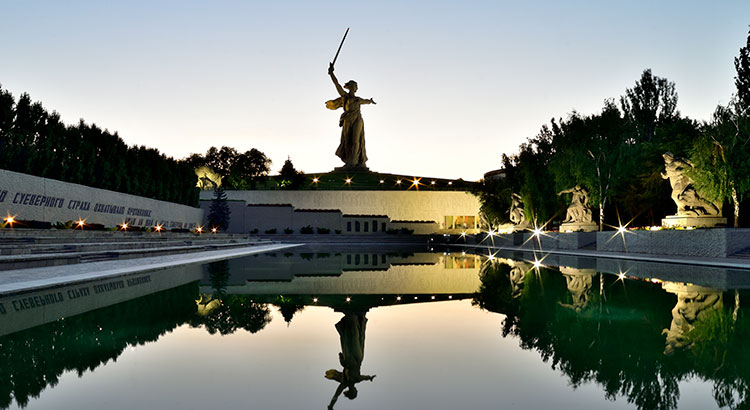
75 Jahre nach dem Zweiten Weltkrieg: Wie Russland und die EU um Deutungshoheit kämpfen
Die Beziehungen zwischen der Europäischen Union (EU) und Russland sind spätestens seit der Ukraine-Krise 2014 von Konfrontation geprägt. Nun eskalieren beide Seiten die Auseinandersetzung auf einem weiteren Feld: dem der Erinnerung. Dabei geht es nicht nur um die Interpretation der Vorgeschichte des Zweiten Weltkrieges, sondern auch um die Konstruktion von Identität und die Legitimation politischer Ziele. Auf russischer Seite beteiligt sich Präsident Putin persönlich am Streit, während auf europäischer Seite das Europäische Parlament durch die Interpretation einer gemeinsamen europäischen Geschichte auch die Zukunft der EU im Blick hat. Beide Seiten liefern ein prägnantes Beispiel für Geschichtspolitik und ihre politischen und instrumentellen Konsequenzen ab und führen die EU-Russland-Beziehungen damit in eine weitere Sackgasse.
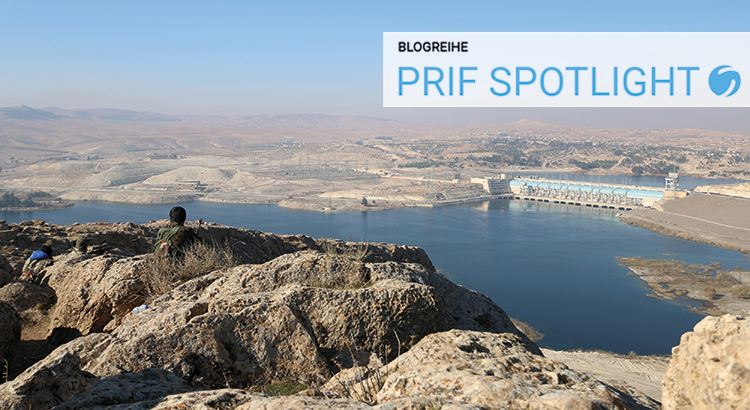
An Ancient Practice with a New Face: The Use of Water as a Weapon in Times of Climate Change
Throughout history, state and non-state actors have used their power over water and water infrastructure to demonstrate the power they have to oppress civilians or gain ground in combat. Today, climate change and associated water scarcity make this practice even more effective and harmful. However, the use of water and water infrastructure as a weapon continues to be neglected in both the political and academic arenas. The time is long overdue for decision makers and scientists to raise awareness of and spur action that addresses this phenomenon, but as water becomes increasingly scarce it has become an urgent matter.
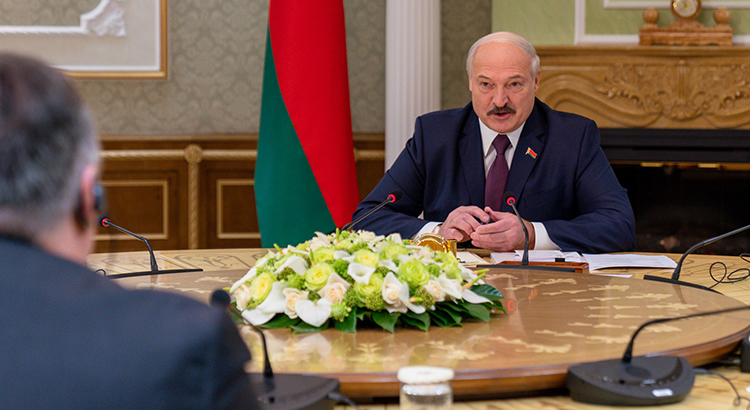
Winning Elections but Losing the Country. What does a Weakened Lukashenka Regime Mean for European Security?
No international election observers, no real opposition candidates, internet shutdown and the most brutal crackdown on peaceful street demonstrations the country ever witnessed – these are the initial results of the recent presidential elections in Belarus. Despite the aforementioned violations of democratic procedure, this comes as no surprise for all those familiar with the realities in this East European country which has been ruled for 26 long years by the former collective farm manager Alyaksandr Lukashenka. And yet August 9 2020 is likely to go down Belarus’ history books marking a turning point both for the country and for European security as it opens a new chapter of competition between Russia and the West for Eastern Europe.
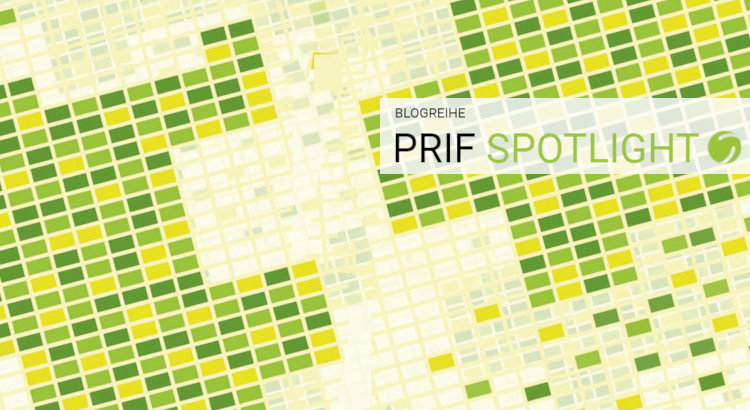
Evaluation in der Extremismusprävention – Chancen einer vielfältigen Landschaft nutzen
Die Extremismusprävention in Deutschland ist breit aufgestellt, mit einer Vielzahl von Akteur.innen, Ansätzen und Maßnahmen. Diese Vielfalt ist eine zentrale Stärke. Zugleich stellt sie die Qualitätssicherung, beispielsweise in Form einer Evaluation, vor große Herausforderungen, da sie vielfältige Perspektiven vereinigen muss. Evaluierung kann die Wirkung einer Präventionsmaßnahme ermitteln, fokussiert aber oft auch das Management innerhalb einer Maßnahme. In jedem Fall unterstützt Evaluierung die Weiterentwicklung von Maßnahmen auf wissenschaftlicher Grundlage. Dies gelingt jedoch nur, wenn Evaluierte und Evaluierende über ein gemeinsames Problem- und Zielverständnis verfügen, das sowohl die Bedürfnisse der Praxis als auch wissenschaftliche Kriterien einschließt.
Counter-narratives – curse or blessing?
Taking stock of the increased spread of extremist narratives – especially in social media – the search for appropriate counter-measures intensifies. Consequently, the formulation and dissemination of so-called counter-narratives is often discussed as one possible approach to weaken extremist influence. While there are good reasons in favor of counter-narratives, they also come with risks and uncertainties. This article outlines essential pros and cons for their use in social media and provides insights into the current state of research on the effects of counter-narratives. Finally, it makes a proposal for a balanced approach: Counter-narratives may not be the only cure for extremism, but can serve as an effective tool for prevention and de-radicalization.
Wie friedliche Revolutionen nachhaltig demokratische Entwicklung stärken
Friedliche Revolutionen, welche beispielsweise in Polen, der DDR, oder jüngst im Sudan zum Ende von Diktaturen geführt haben, sind historische Wegscheiden, die nachhaltig die politische Entwicklung eines Landes prägen. Neue Forschungsergebnisse zeigen, dass friedliche Revolutionen langfristig die Stabilität und Qualität von Demokratien befördern. Demokratieförderung und Entwicklungszusammenarbeit können an diese Erkenntnisse anknüpfen.
